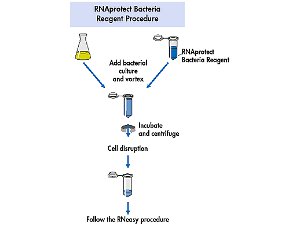 |
Snot Spots!Immediate reagent tests for antibiotic resistance in any infection, required to be used on site, at prescription. Ever had a real sinus infection and gone through five rounds of antibiotics to clear it? The common practice is to prescribe the most common (least effective) drug first, and work up in Russian roulette style trial and error. The development of a simple swipe pad that looked for resistance markers would greatly reduce the use of the WRONG drugs, while lowering the spread of disease by treating effectively the First Time. Fewer sick days, fewer broad spectrum exposures, better cures! by: Lissa Probus | Aug 10, 2010
|
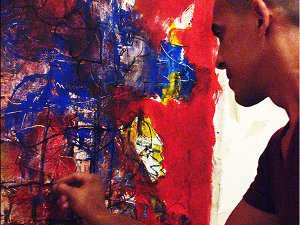 |
Unleash Artistic CreativityEveryone is an Artist! My idea is to give the opportunity for everyone to publish their creations (Painting , sculture, Poetry etc.) and become recognized through a web site for their own creations with incentives based on popularity. Millions of people are doing personal creations, but how many really share and benefit from them? There are hidden treasures around the world. Creation is a powerful means to help the world become better. We are using 1% of our brain capacity, what % of our Artistic creation capacity are we using? Thank You. by: Deprost Gilles | Aug 2, 2010
|
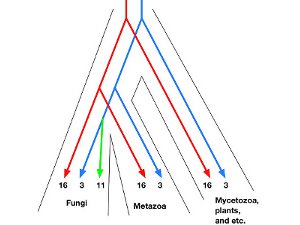 |
Post-Darwinian Evolution of Genes as a ServicePre-Darwinian evolution operated on the basis of open source IP. Darwinian era introduced speciation, sex and death of a cell. Post-Darwinian evolution based on Synthetic Genomics will enable cross-pollination and ability to teleport genes between species and cells. Cells will become biological computers with I/O and R/W with programmable selection of metabolic pathways. Morphogenesis of cells will enable polymorphism of new species. We propose to create in vivo programmable biological cells with an open source IP capable to accept diverse metabolic pathways and customizable reproduction. These programmable biological cells will use teleported Genes as a Service when-and as needed. by: Viktor Kozeny | Aug 10, 2010
|
 click for full image |
Data Mining for HealthAn easy-to-use, fun social application for smartphones that helps people make dietary choices and uses collected data to analyze health-trends. How it works: Enter your personal information, take pictures of what you're eating, and the software will tell you if you will go over your caloric requirements for the day (amongst other things); and for fun your "pics" will be Tweeted or sent to Facebook. Essentially, this is a food journal mixed with other interactive tools. The twist in this, though, is that data will be used to identify health trends. Big people eat cookies? Maybe cookies causes obesity! by: Harry Chong | Jun 25, 2010
|
 click for full image |
Mental Evolution 2.0Mental illness affects over 1 billion people worldwide creating an economic burden of $2 trillion. Current drug treatments are expensive, suboptimal, and have significant side-effects. We have designed novel brain training software that targets fundamental cognitive deficits common to a majority of mental illnesses. This 'deep neuroscience' approach allows personalized treatment of an unprecedented range of conditions including learning, mood, anxiety, psychosis, and impulse-control disorders. The social network-embedded software we are developing is low cost, internet-based, has no side-effects and, in ongoing research, has already driven clinical improvements in children with autism and brain injury patients. by: David Delany | Aug 31, 2010
|
Augmented Reality Gym MirrorWhen you're working out at the gym, a mirror in front of you shows you a visualization of your future self - thinner, more muscular, generally in better shape than you currently are. This is such a compelling vision that it motivates people to exercise more to move towards matching it. It can start off being installed in high-end gyms, then filter down into Wii-like applications used at home. by: Lisa Mumbach and Jason Tester, IFTF | Jun 12, 2010
|
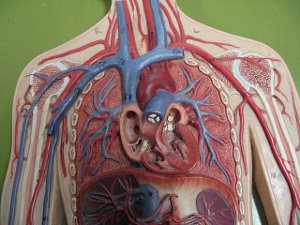 |
Crowdsourcing the Virtual BodyThe human body is a system of complex interacting systems, each of which can be understood in terms of biochemistry, genetics, or molecular biology. Specialists have deep but fragmented knowledge. Generalists understand high-level interactions among systems but miss the nuances. Therefore, obtaining a complete simulation of human physiology will require many experts across disciplines to contribute working knowledge. An online collaborative modeling tool would make it easy for experts across the world to contribute knowledge. The resultant "virtual body" would allows us to simulate disease and test new treatments quickly and without putting humans at risk. by: Pietro Michelucci | Aug 31, 2010
|
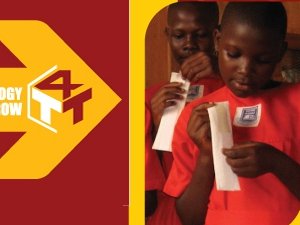 click for web site |
Emotional & Economic Freedom for Women in Africa.Women in developing countries often use banana leaves instead of sanitary pads. In Kenya, 300,000 girls miss up to 5 days of school a month because they are too embarrassed or uncomfortable to attend. Western brands are too expensive and an environmental disaster as they are not biodegradable. Makapads, invented by Professor Moses Musaazi of Makerere Univesity Uganda, are made from locally sourced sustainable papyrus and recycled paper by communities of women they serve. They are biodegradable and cost 70% less than western brands. Makapads provided emotional and economic freedom for the women and support environmental sustainability. by: Clive Pinder | Aug 18, 2010
|
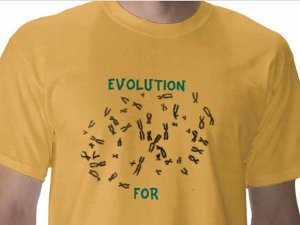 |
Peace by evolutionThis is a t-shirt with a picture of a human cell's 46 chromosomes, representing the human genome, the result of millions of years of evolution. A new paradigm embracing the idea that a greater appreciation for what constitutes the evolution of our species, could have an admirable change on how man treats himself and his fellow men. by: Anthony D'Auria | Jul 27, 2010
|
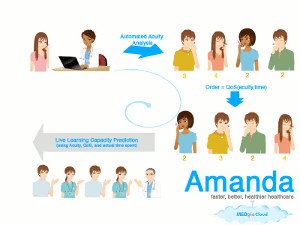 click for full size image |
Amanda - Faster, Better, Healthier HealthcareAmanda is an adaptive cartography system for analytics-assisted clinical care delivery for Hospital2.0 operations. Amanda improves patient outcomes by optimizing the quality and timeliness of care while ensuring efficient healthcare delivery by utilizing automated acuity analysis, real-time QoS patient routing, and live-learning capacity prediction. Amanda leverages MEDgle's care delivery analytics cloud for patient-specific acuity/ESI analysis and queue prioritization. Amanda combines this information with current capacity, care time, and other parameters to provide live-learning capacity prediction. Amanda gives global healthcare providers a web/mobile SaaS solution offering each patient the best care path and health outcome while optimizing provider resources/costs. by: Alex Kawas | Sep 1, 2010
|





